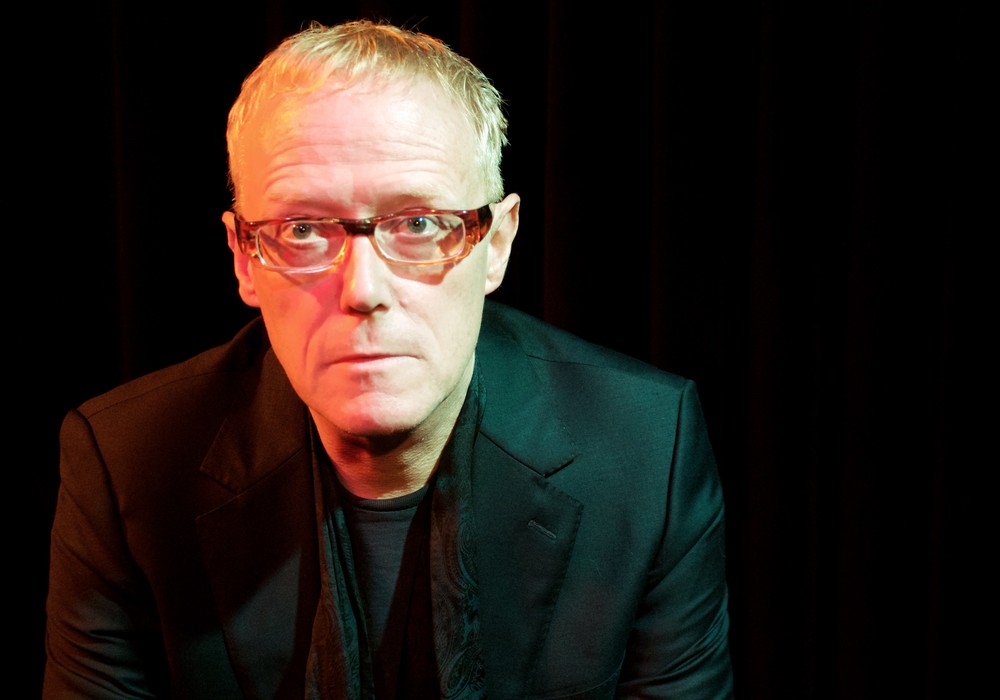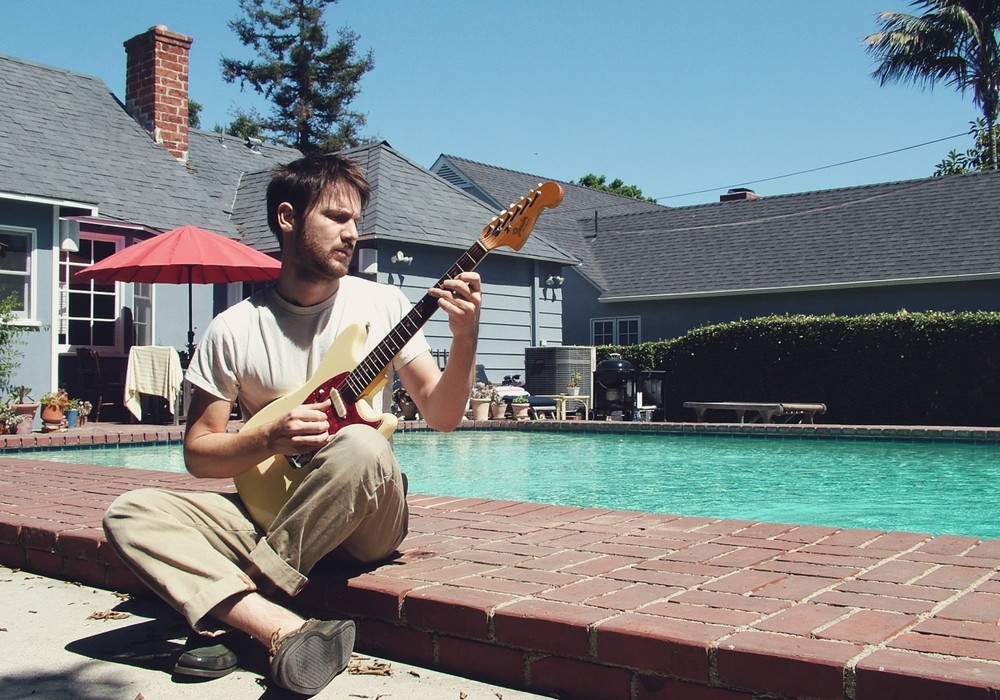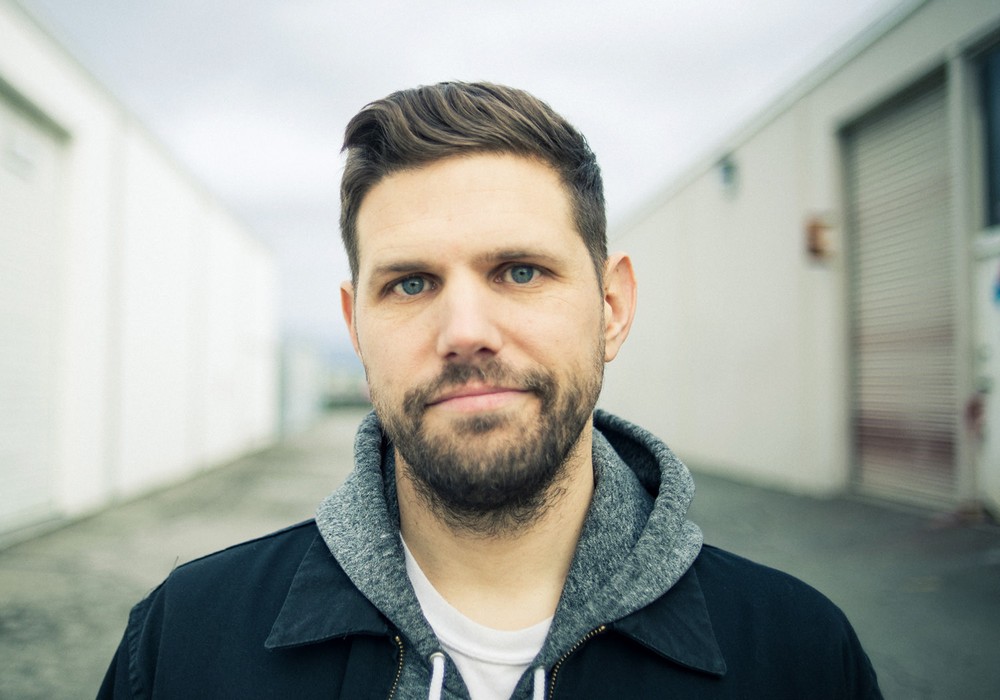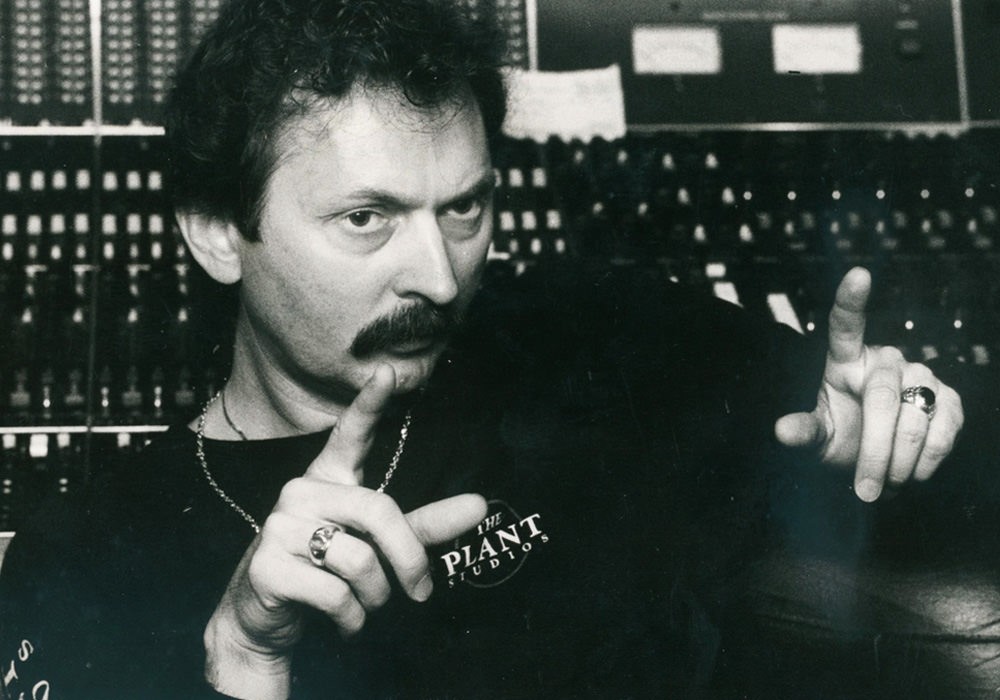Fuck. Okay, here's the story. I saw Fuck play a show a while before this interview. I was unimpressed, but several people said they loved their records and that the show was great after "getting into" said records. "Okay," I said, and filed that away. Not much later, Pardon My French, a new CD on Matador, arrives at Tape Op world headquarters and it's pretty damn great. The big bonus is that Kyle Statham, drummer, etc. for Fuck, owns a recording studio and has recorded all the Fuck material plus some other fine bands (like Snowmen). And, as it turns out, Fuck began as a recording project, and still build all their songs in the studio. A definite Tape Op kind of band. I cornered Kyle before a recent show in Portland where they played with the magnificent Two Dollar Guitar and put on a show themselves that I was much more "into". Rock on!
So, your studio's name is Black-Eyed Pig. How did it come about that you were recording bands?
Probably the same way a lot of people get started. I played in bands for a while and had a little cassette four track pretty early on. Then I got a couple of these ¼" Dokorder reel to reel machines. I had two of those and was recording whatever band I was in and started recording some other friends. I was moving out of an apartment in the Mission into North Beach and both tape decks were stolen out of the car. I had renter's insurance, which covered them! They were both made in the mid-seventies, I would guess, and when they were made they were very expensive; a couple of thousand dollars. The clause they had was for replacement costs, so they take how much they were worth then and they increase it by the cost-of-living index for twenty years.
So you decided you'd better buy some real equipment then.
Right! The option is that you can take cash for them for the depreciated value of the objects, which meant the decks were worth $25 each, or I could go out and buy something new, up to a certain level. The problem was that I had to buy something brand new and I couldn't go over this limit. It put me in an awkward position, machine wise. I ended up getting a machine that I don't like. I got a ¼" Tascam that I do like-it's a BR 20 — that I do like.
Eight track?
No, it's just a ¼" 2 track. I got a mixdown deck first 'cause I knew I wanted one of those. Then I got a ½" 16 track that I don't like at all. It's also a Tascam. It's the DBX which is the problem. The narrow format you just can't run without noise reduction and the noise reduction doesn't sound very good.
It's got that sorta weird compression on it.
It just kills the high end. I think those machines were originally made to do post-production, dialog for movies and such, so to actually do music on them you gotta really battle them. This was all pre-ADAT and all that stuff.
I don't know if you're better off one way or the other with that.
It's hard to say. It'd be nice to have been able to kick in some of my own money and get something decent.
You couldn't buy anything used? You should have worked out a deal with a friend at a music store... buy something and bring it right back. So when was that?
That would have been seven years ago.
So you had that stuff...
Yeah, and a crappy, old piece-of-shit mixer, one reverb and two mics. So I had a brand new 16 track, a brand new 2 track, and 2 microphones. I was in the process of moving into this little place in North Beach, it was this little cottage behind a Victorian, and it had been built after the earthquake as temporary housing and they never tore it down. The place had no foundation, it was just sitting on pilings, and you could go under the house and you could see that there were just beams sitting on stacks of bricks. Over the years the thing had settled so much you couldn't open any of the doors or the windows. We would always look for tables with three legs, 'cause those would stand. Anything with four legs; no way. It was this little-bitty four room place. It had a kitchen and every other room was all about the same size, 9 by 12. I lived in one and turned one into a control room and one into a studio. It was so cramped. We made a lot of records there.
Did you ever have a noise problem there?
Yeah, but I tried to do mostly quiet stuff. Sometimes on the weekend we'd have one loud band track.
What bands did you work with there?
There's this woman, Sonya Hunter; kind of a singer-songwriter and we did a lot of her stuff. Lots of local bands demos. ...
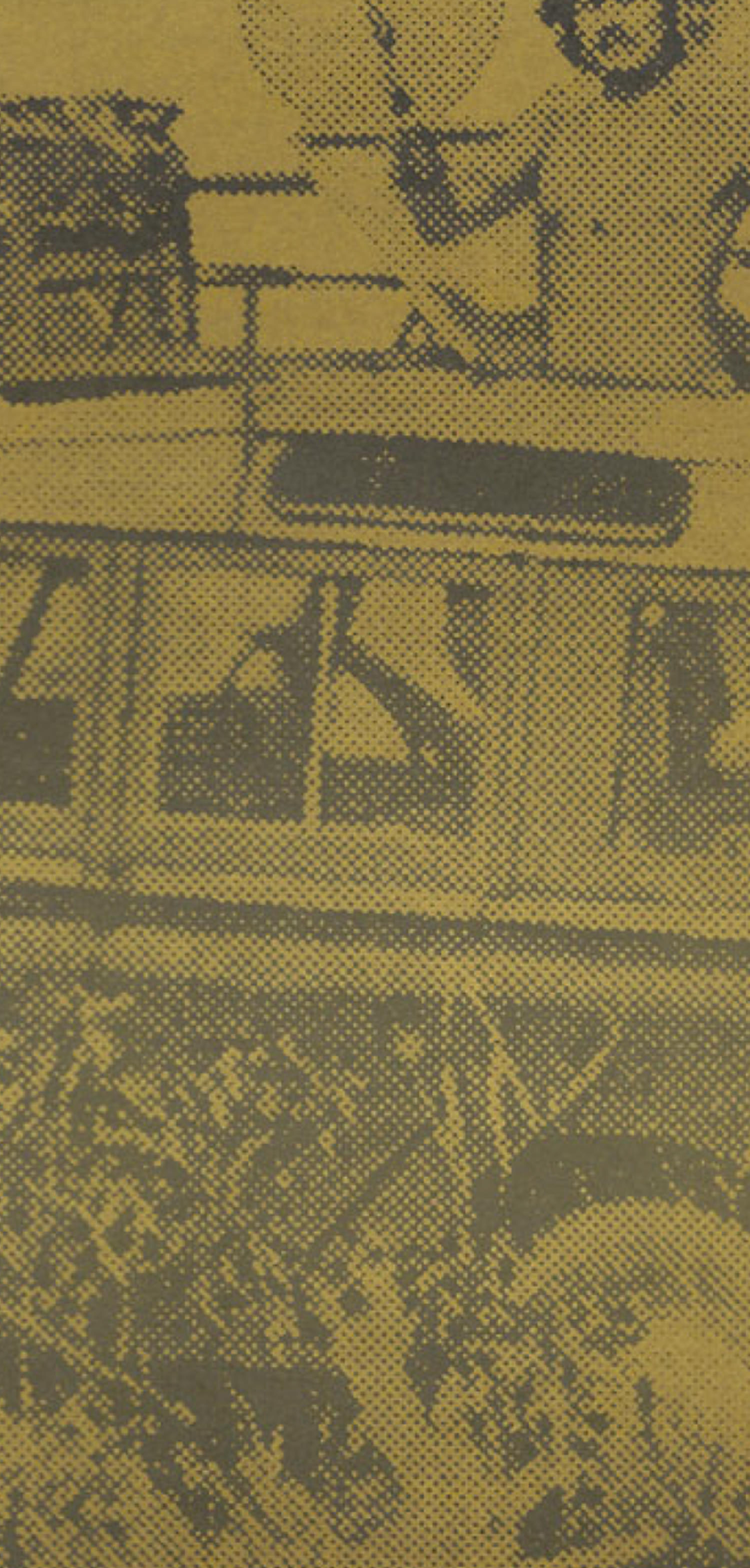

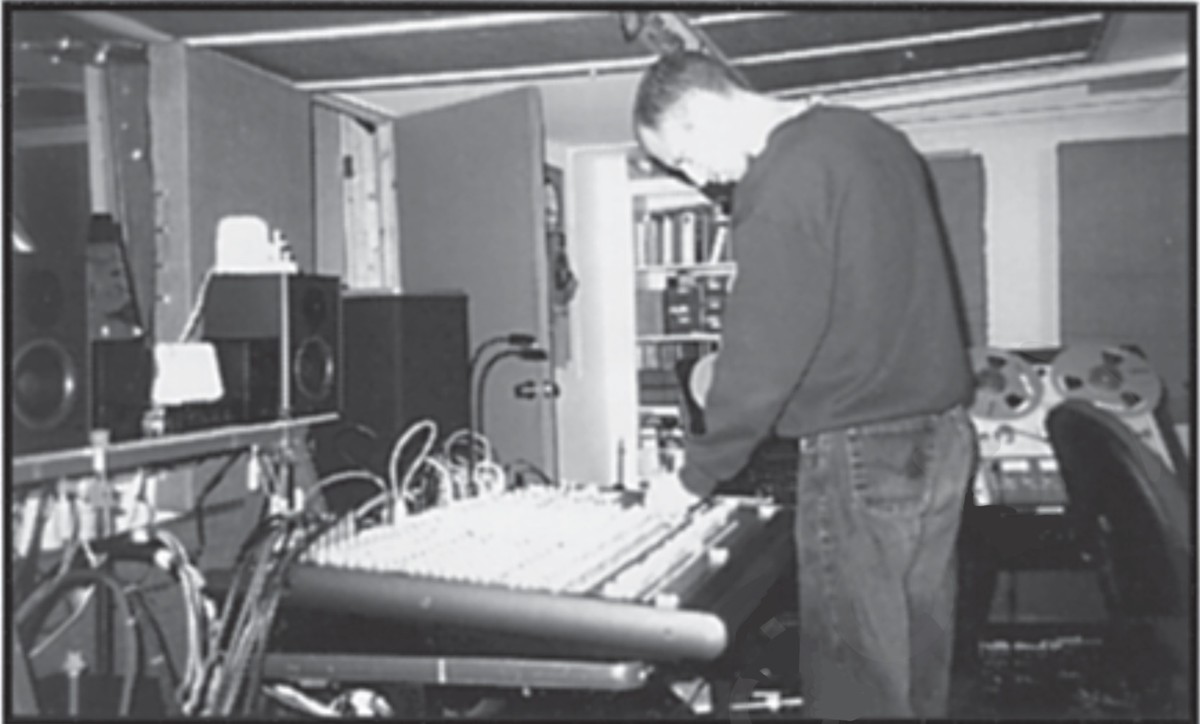
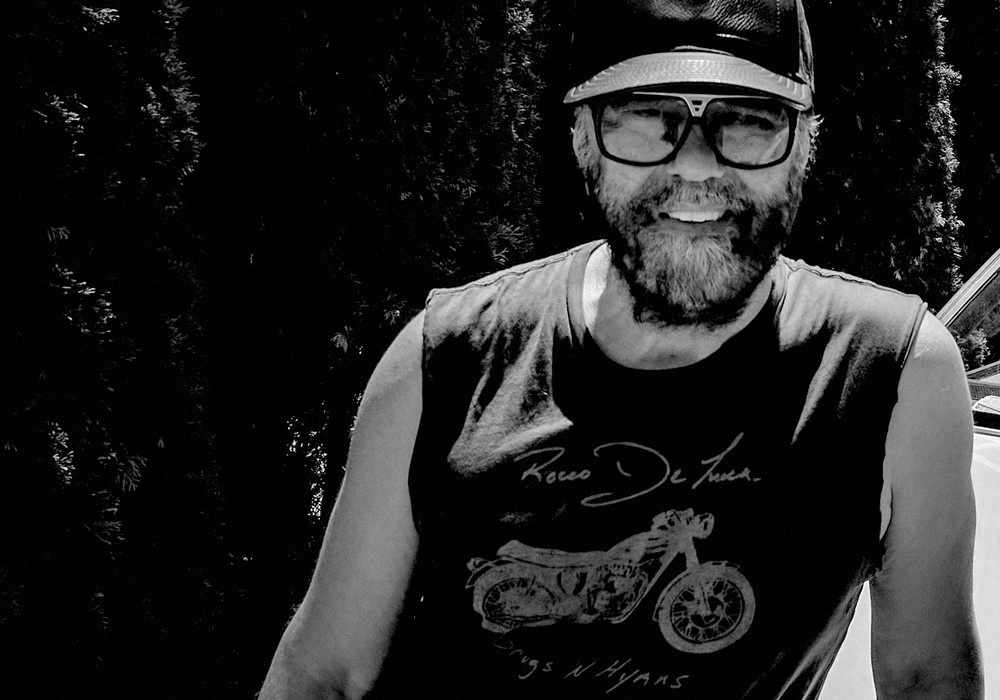
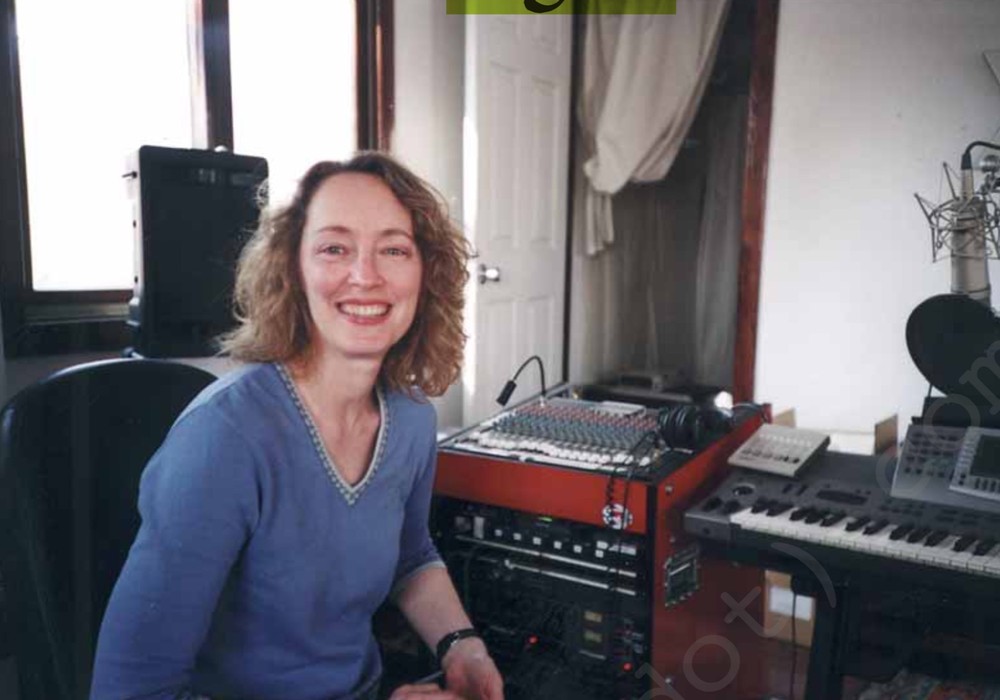
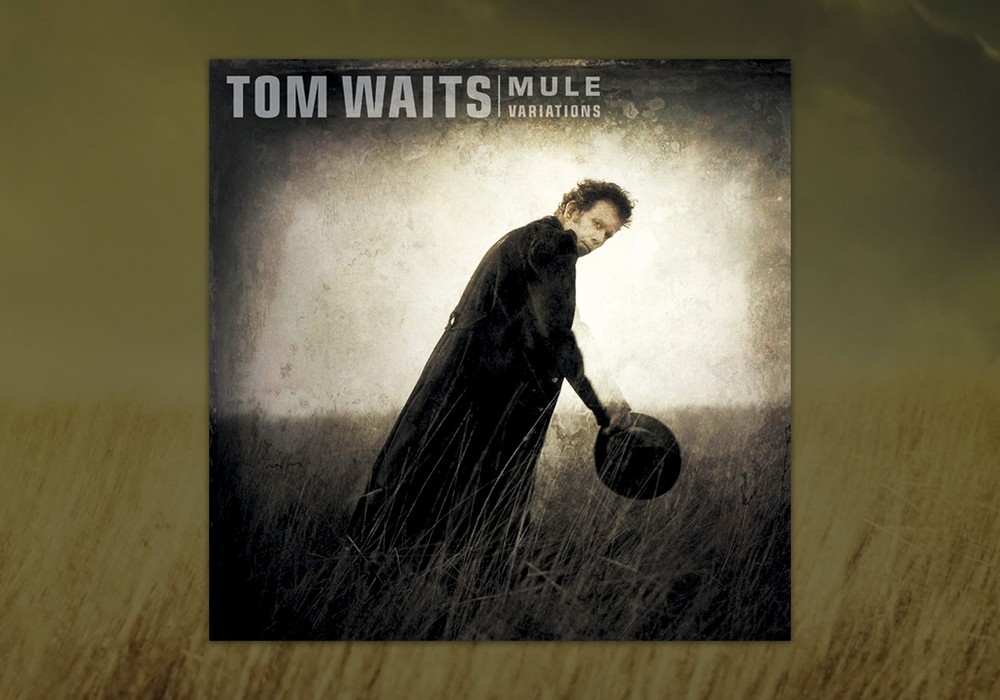
_display_horizontal.jpg)
